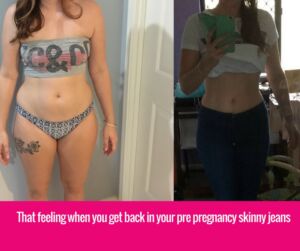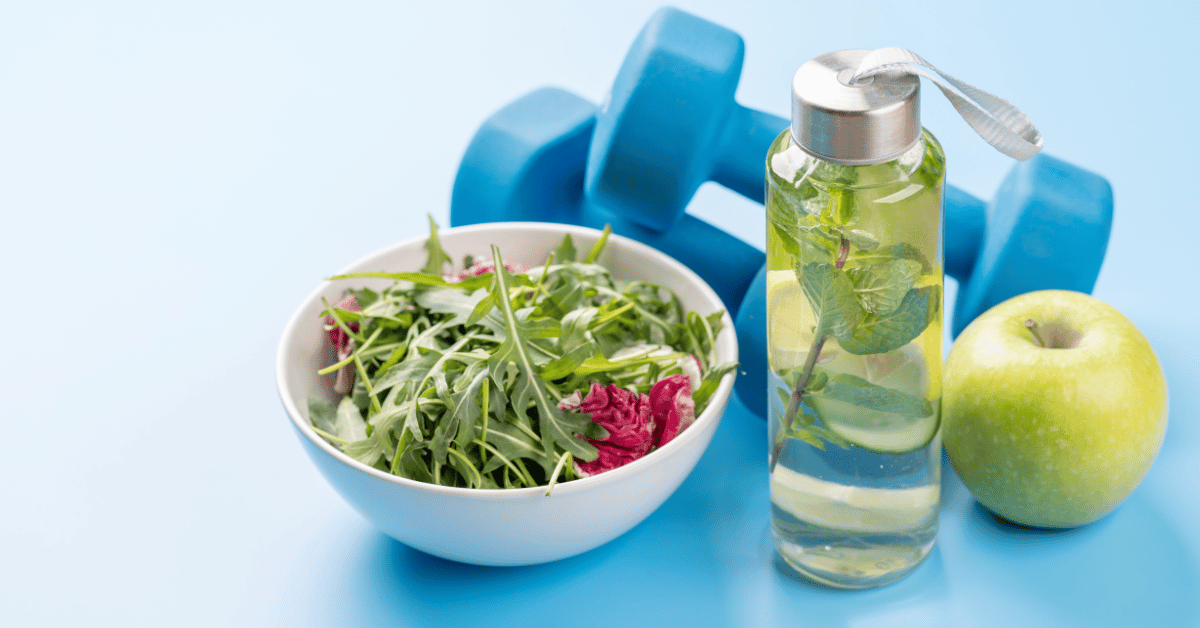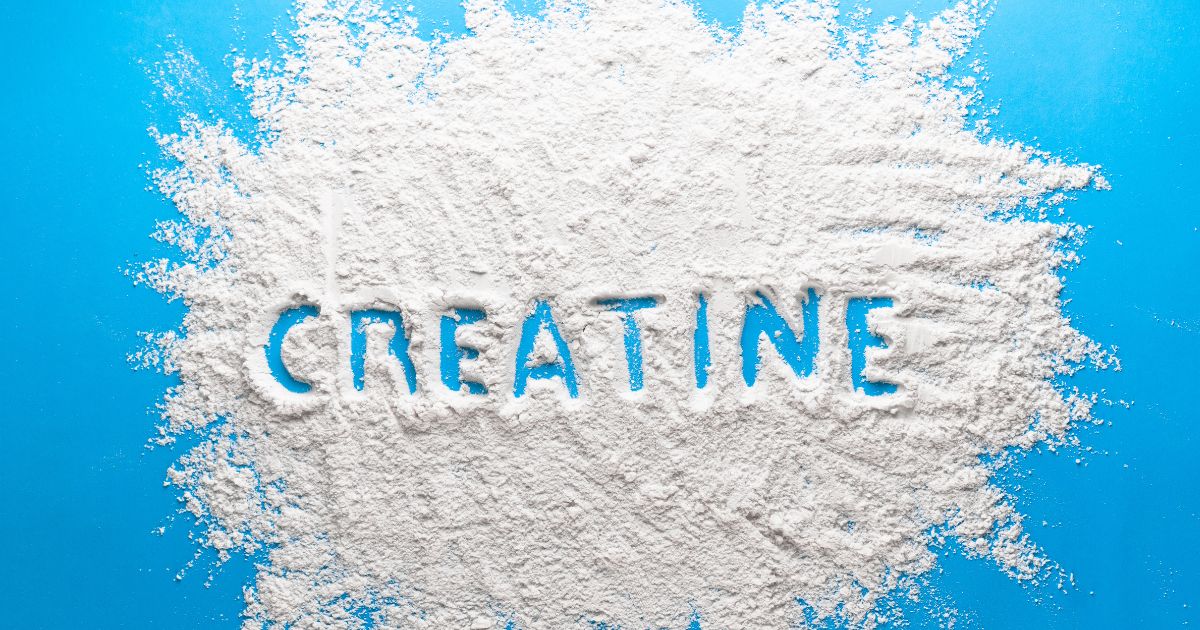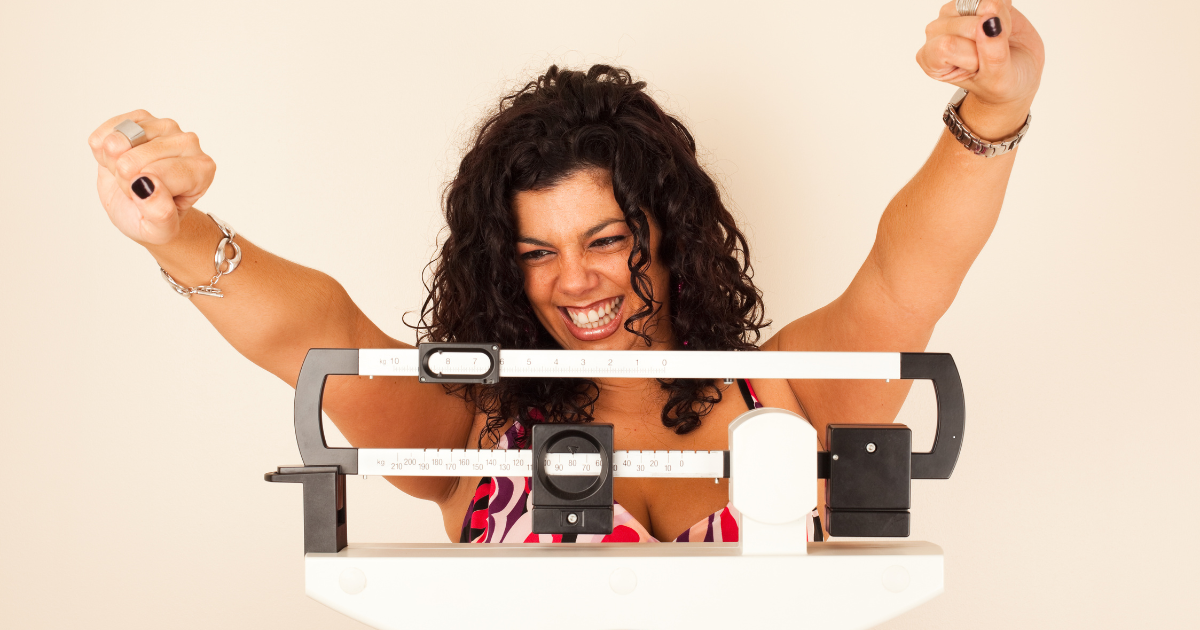The age-old question: Is exercise or diet more important for weight loss? It’s one I get asked all the time, and the answer may surprise you.
You’ve probably heard the phrase, “Abs are made in the kitchen”, and for good reason. While exercise is essential for overall health and fitness, diet plays a far larger role when it comes to shedding excess weight.
The Myth of “Crunches and Planks” for Abs
It’s true that abs are made in the kitchen, not just in the gym. You could do thousands of crunches and planks every day, but if you have a layer of fat covering your abdominal muscles, you won’t see your six-pack anytime soon.
Can Cardio Help?
You might be thinking, “What if I do hours of cardio? Surely that will melt away the fat?”
Not necessarily. In fact, I learned this the hard way when I trained for a marathon. I was running 4-5 times a week, with runs lasting anywhere from 1 hour to 3 hours, and still didn’t lose weight. Why? Because my body needed more energy to fuel my runs, and I ate more than I needed to. As fit as I was, I wasn’t lean because my energy intake was higher than what I was burning.
Why Diet Beats Exercise for Weight Loss
To lose weight, you must create a calorie deficit, meaning you need to consume fewer calories than your body requires for maintenance. While many factors affect weight loss, this principle is simple but effective. The key is to reduce your food intake enough so your body begins to lose weight.
The Common Mistake: Relying on Exercise Alone
When people want to lose weight, they often assume that adding exercise to their routine will magically burn fat. However, this can lead to disappointment because exercise alone often doesn’t result in significant weight loss. Here’s why:
-
Increased Hunger: After starting a new workout routine, many people find themselves hungrier, often leading them to eat more. The calories burned during exercise can quickly be replaced by a larger food intake. For example, after a good workout, you might think, “I deserve this cake!” and undo the calorie deficit you just created.
-
Muscle Gain: Exercise, particularly strength training, helps you build muscle. While this is great for overall fitness and metabolism, muscle weighs more than fat, meaning the scale may not show a decrease in weight even if you’ve lost fat. However, you may notice your clothes fitting better, and that’s the real sign of progress!
The Power of Nutrition
While exercise plays a crucial role in building muscle and improving fitness, nutrition should be your priority when the goal is fat loss. If you’re looking to shed fat, a proper diet will give you the results you want far more quickly than exercise alone.
Here’s why:
-
Regular Meals: Aim for balanced meals with sufficient protein to preserve muscle mass and keep you satisfied. Protein helps regulate your appetite and supports fat loss. According to a study published in Obesity Reviews, higher protein intake is linked to better weight loss and fat retention during weight loss diets.
-
Limit Sugar and Processed Carbs: Reducing your intake of sugary foods and processed carbohydrates can prevent insulin spikes, which can contribute to fat storage. A 2018 study from the American Journal of Clinical Nutrition found that reducing sugar intake significantly impacts fat loss and body composition.
-
Fiber-Rich Vegetables: Fiber-rich foods help with digestion and keep you feeling full longer. Vegetables not only provide essential vitamins and minerals but also offer a healthy dose of fiber, promoting weight loss. In fact, a study published in the Journal of Nutrition shows that increasing fiber intake leads to reduced body weight and waist circumference.
-
Hydration: Drinking at least 2L of water a day supports metabolism and aids in fat loss. Dehydration can lead to overeating, as the body often confuses thirst with hunger.
Exercise Is Still Essential for Longevity
Now, don’t discredit exercise! While diet is paramount for fat loss, exercise is incredibly important for overall health and longevity. Regular physical activity reduces the risk of chronic diseases, improves mental health, and helps maintain muscle mass as we age. Studies consistently show that exercise can significantly increase life expectancy, improve cardiovascular health, and boost mood. So, while we’re focusing on fat loss in this article, remember that incorporating regular exercise is essential for your long-term well-being.
The Importance of Accountability
I’ve worked with clients for over 16 years now, many of whom are online, and I’m still amazed by how quickly they see results when they focus on getting their nutrition on track. Even without face-to-face training, the improvements in body composition are significant when they follow a structured eating plan.
Take one of my bootcampers, for instance. She had been attending bootcamp and getting fitter and stronger, but it wasn’t until she became accountable for her nutrition that she started seeing the dramatic changes she was after. These photos, taken just five weeks apart, demonstrate the transformative power of cleaning up your diet and holding yourself accountable.

Exercise Enhances Results, But Diet Drives Fat Loss
Are you training hard but not seeing the results you want? Or maybe you’re thinking of starting exercise to lose weight? It’s important to understand that exercise alone won’t melt the fat. For the best results, prioritise your diet, and make sure you’re eating the right foods to fuel fat loss.
Exercise will tone your muscles and improve your fitness, but it’s your nutrition that will make the fat loss visible.
Ready to Take Action?
If you’re looking for a structured plan to get started, book in for a call to discuss my personalised online fitness coaching. We’ll focus on getting your nutrition in line with your fat loss goals, while exercise will complement your journey and help you feel stronger and more toned. Let me help you stay motivated and accountable, so you can achieve the results you’re aiming for.





